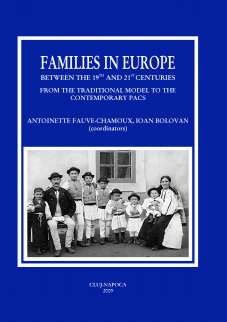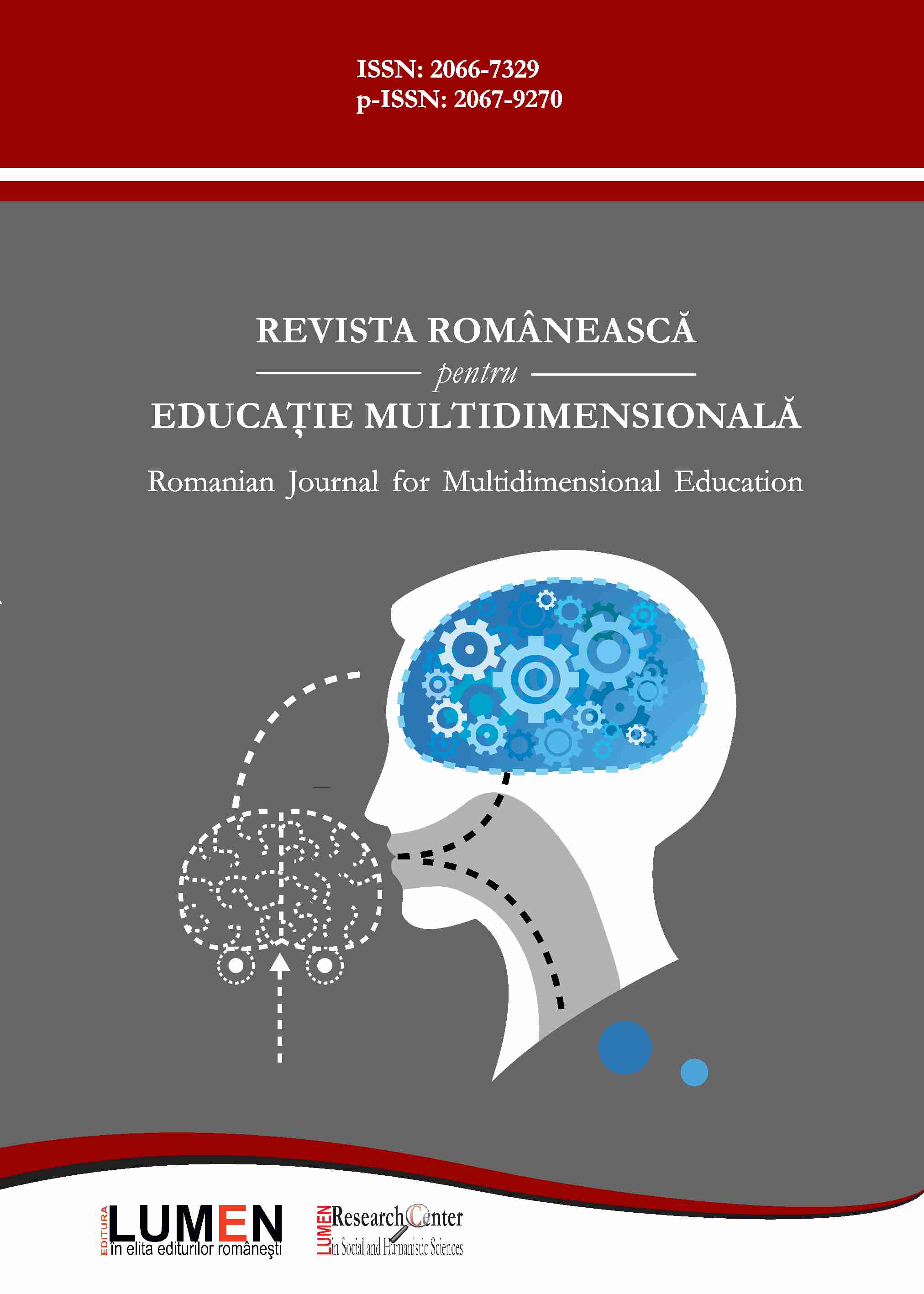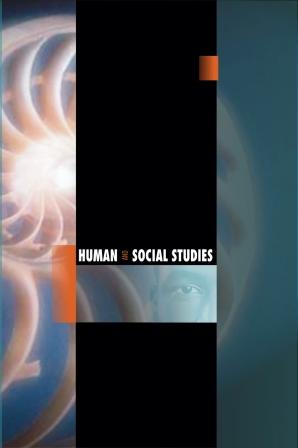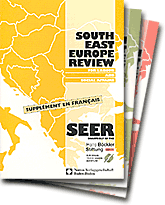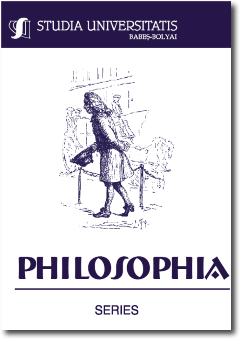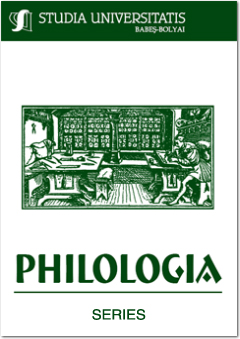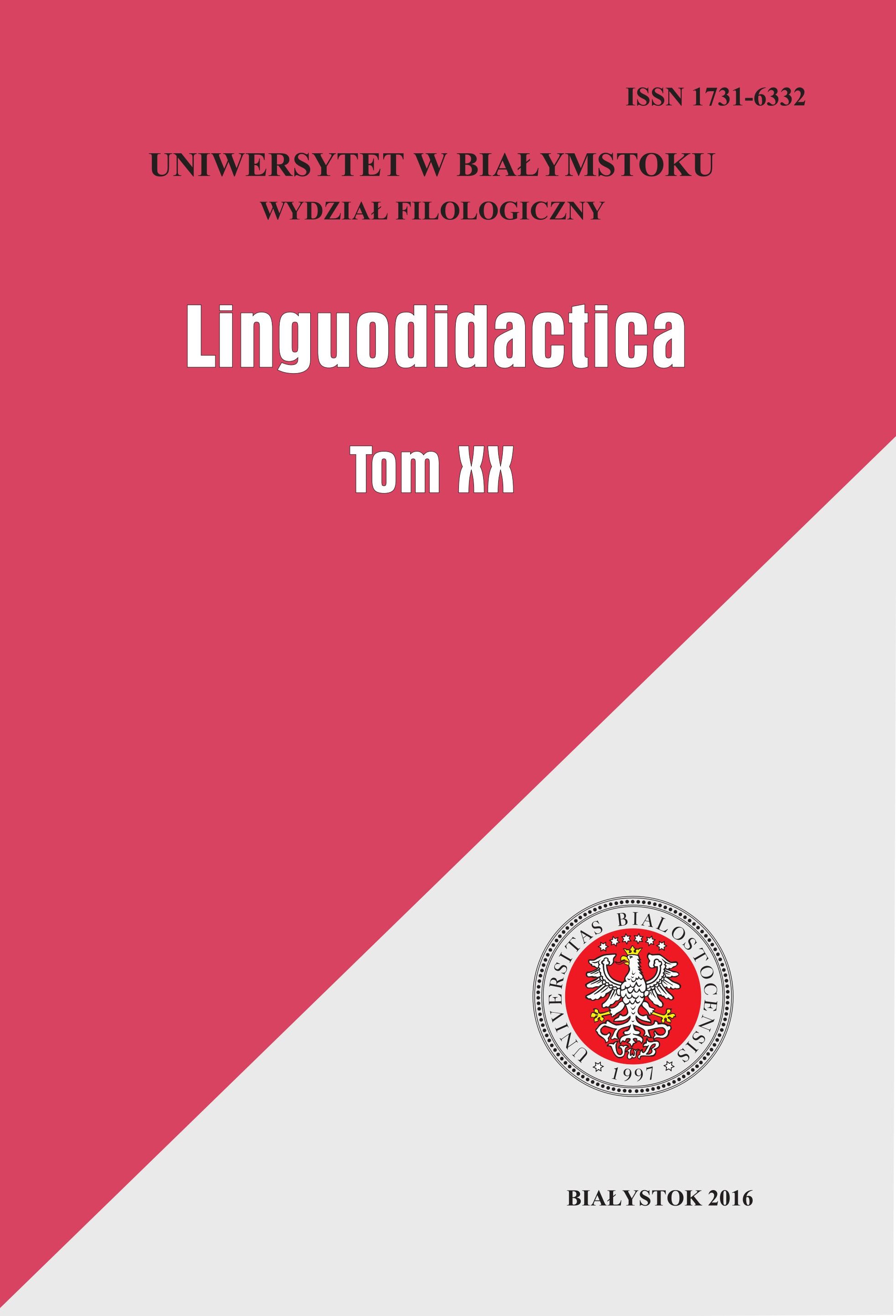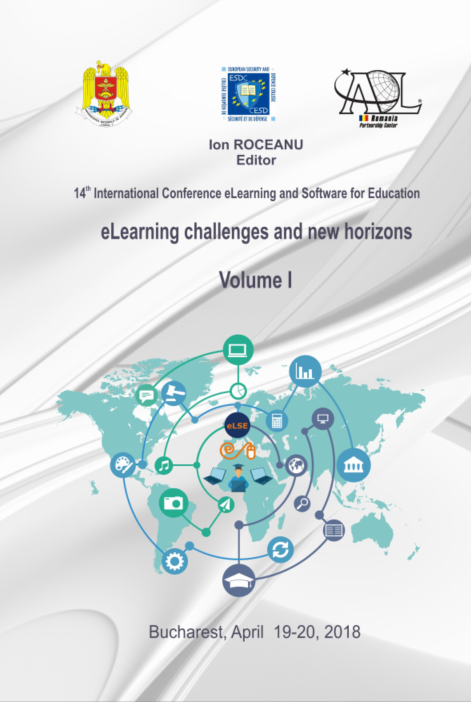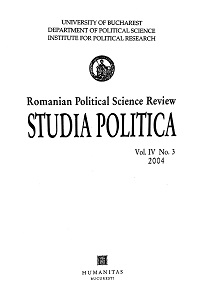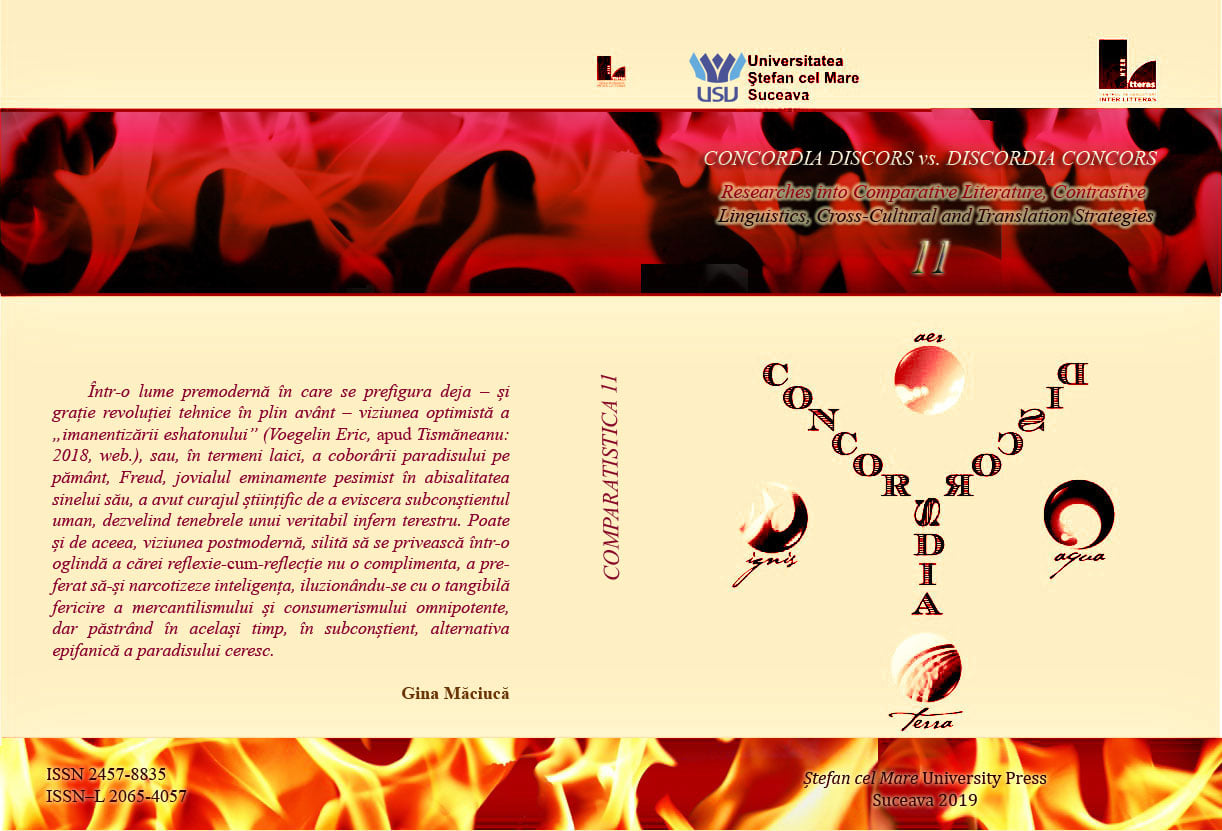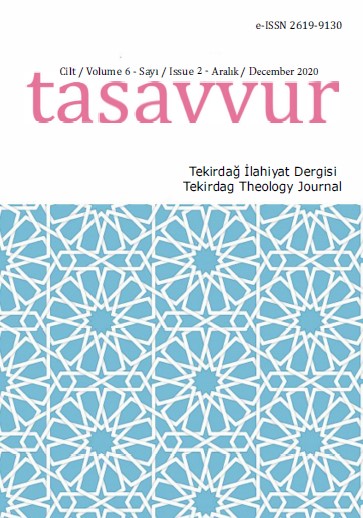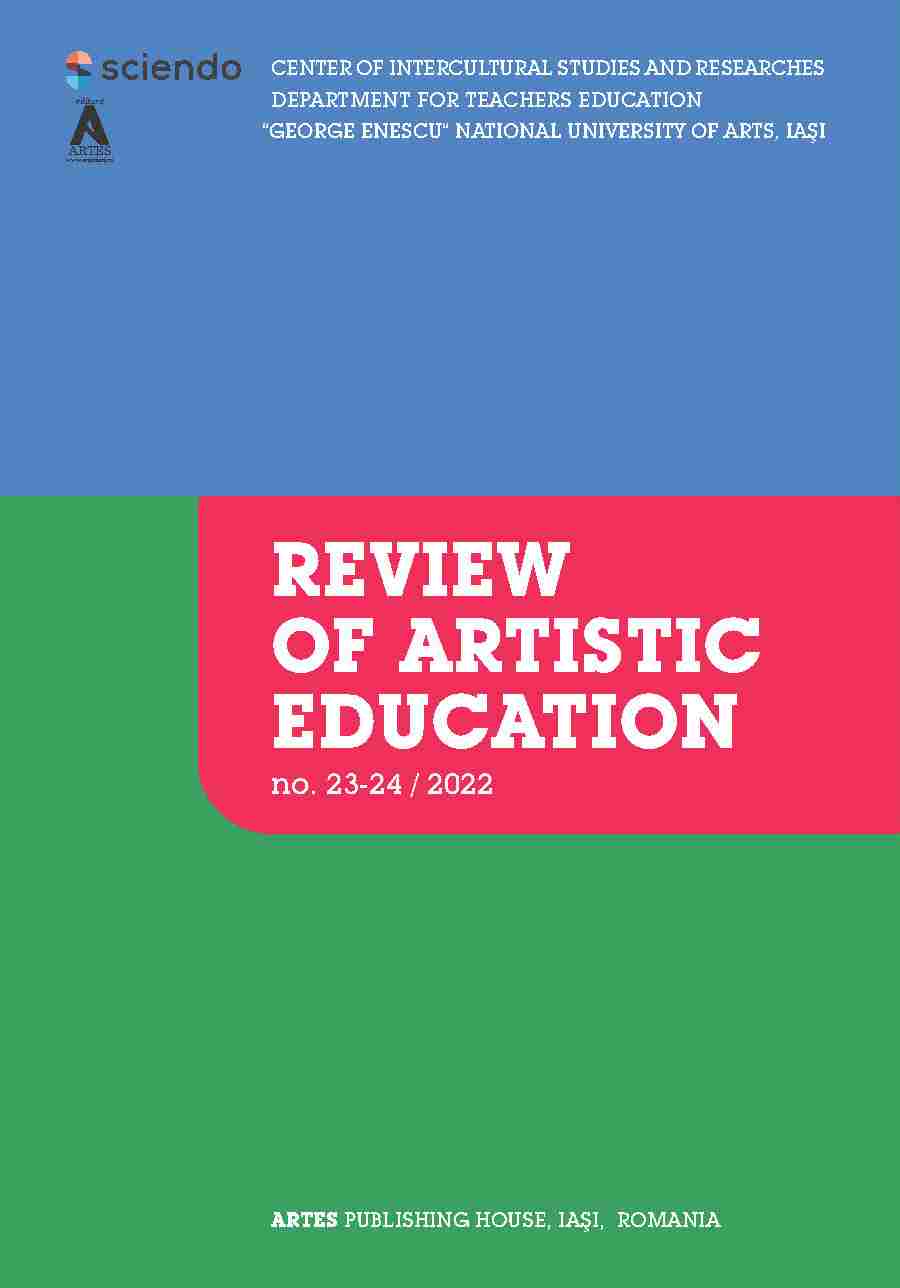PROJECT “EASTER TRIPTYCH”
Author(s): Lăcrămioara Naie / Language(s): English
/ Issue: 23/2022
Keywords: Easter Triptych; the Birth; Passion and Resurrection of Our Savior Jesus Christ;
The “Easter Triptych” project was conducted in six annual editions (except for 2020 and 2021 – the years of the Coronavirus Pandemic). It was conceived and achieved in the name and in the spirit of the three important moments in the history of our humanity: Birth, Passion and Joy of the Resurrection of our Savior Jesus Christ. This great religious cultural project was attended by important personalities of Iaşi and not only, such as lyrical artists from the Romanian National Opera Iaşi, church persons from the Metropolitan Church of Moldavia and Bukovina, university professors, ethnographers, craftsmen and students. We were joined by Radio Romania Cultural Bucharest, Radio Iasi, TV Iasi, Radio "Trinitas" and "Moldova" National Museum Complex Iasi. With this important project, I also went to Austria, Vienna, to the Romanian Cultural Center and to the Republic of Moldova, to "Alecu Russo" State University Balti. Each edition presented under its generous scope, equally traditions, customs and beliefs firmly established in our soul and conscience as Romanians. The events included moments of musical art: classical musical works (lyrical, instrumental, choral), Christmas carols, Easter songs, religious poems, book launches, exhibitions of decorated eggs from the Bukovina area, exhibitions of icons, crosses, carpets woven in monasteries, ceramic objects from Horezu, wooden sculpture objects and traditional folk costumes. In addition to these, there was a CD: "Easter Triptych".
More...
